9 Secrets Servers Rarely Share About Restaurant Dining
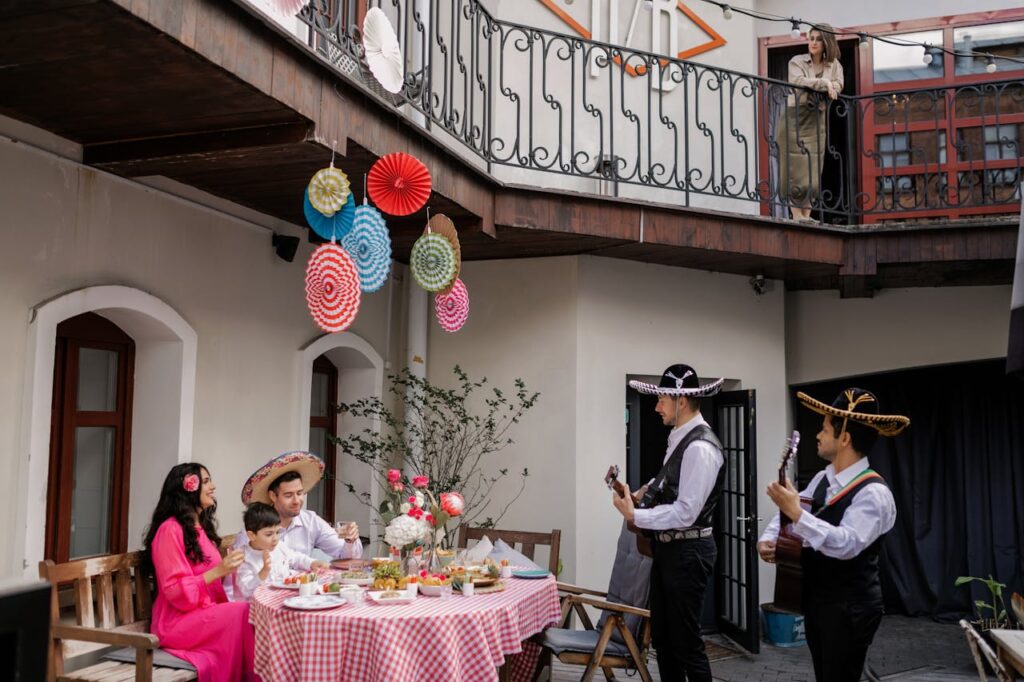
When you sit down at a restaurant, it feels like the flow of service happens seamlessly, but behind the scenes servers are juggling details you rarely notice. They adjust timing, decode body language, and quietly coordinate with the kitchen to keep your meal smooth. Most of these tricks are not shared openly, but they make a big difference in how your dining experience unfolds. Here are nine insider secrets servers rely on every day, from pacing your courses to helping you score off-menu treats that can improve your next night out.
1. Servers watch your dining cues

Servers notice subtle cues like how you handle the menu, the pace of your bites, and whether you make eye contact. These signals tell them when to approach, when to hold back, and when to recommend a dish. Relaxed body language suggests you want a slow, calm meal, while quick decisions or eager glances signal that you’re ready for faster service. By observing these details, servers pace your dining rhythm to match your mood, creating a smoother and more personalized experience every time.
2. Special requests are more flexible than you think
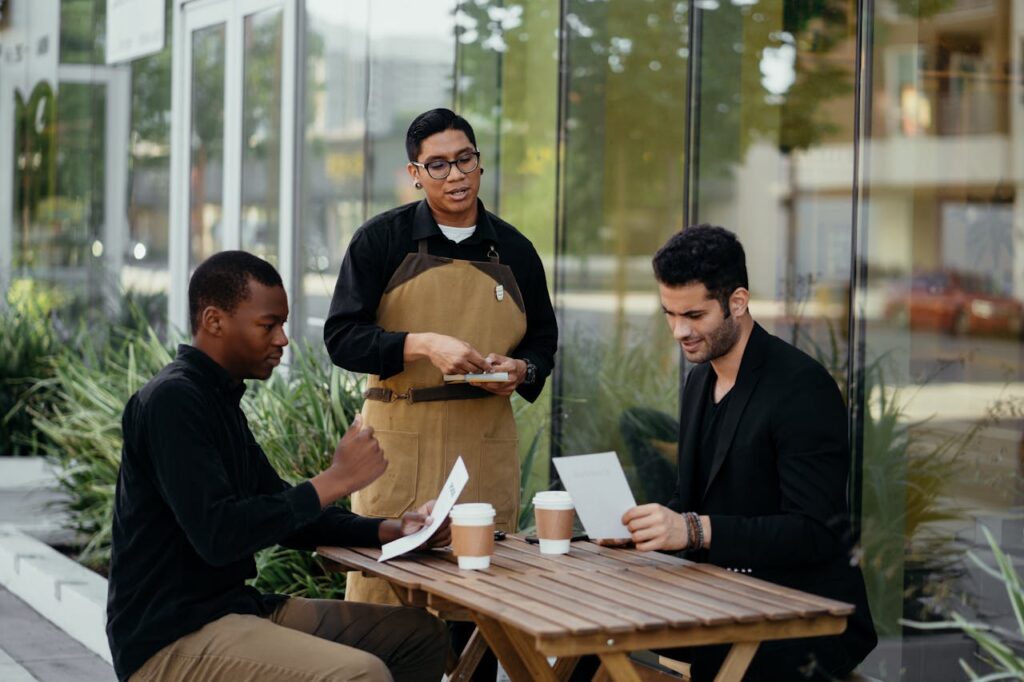
Many kitchens are willing to adapt dishes if the request is clear and respectful. Servers know which chefs can easily adjust sides, remove sauces, or divide plates. Clear communication about allergies or preferences is essential, as saying exactly what you need helps the staff make safe and practical substitutions. A polite tone and openness to compromise usually result in a positive response. With patience and kindness, servers often work behind the scenes to deliver adjustments that make your meal enjoyable.
3. A pause means they are double-checking

When a server pauses before answering your question, they are likely confirming details with the kitchen, not forgetting the menu. Recipes and ingredients may shift daily, so they prefer to verify before giving an answer. Many will check with chefs to ensure a sauce is gluten-free or if a side dish is available. Asking what is popular that night often leads to a reliable suggestion. That brief silence shows care and accuracy, ensuring the information you get is trustworthy.
4. Tipping builds long-term goodwill

Tipping is both a way to support servers and a signal of appreciation. Guests who tip fairly and consistently are often remembered and rewarded with warmer welcomes, faster attention, and better experiences on return visits. Those who routinely tip poorly may not receive the same level of care during busy nights. Servers invest effort where they feel valued, so tipping fairly is not just etiquette but also an investment in service. It builds a relationship that benefits both guests and staff.
5. Timing makes or breaks certain dishes
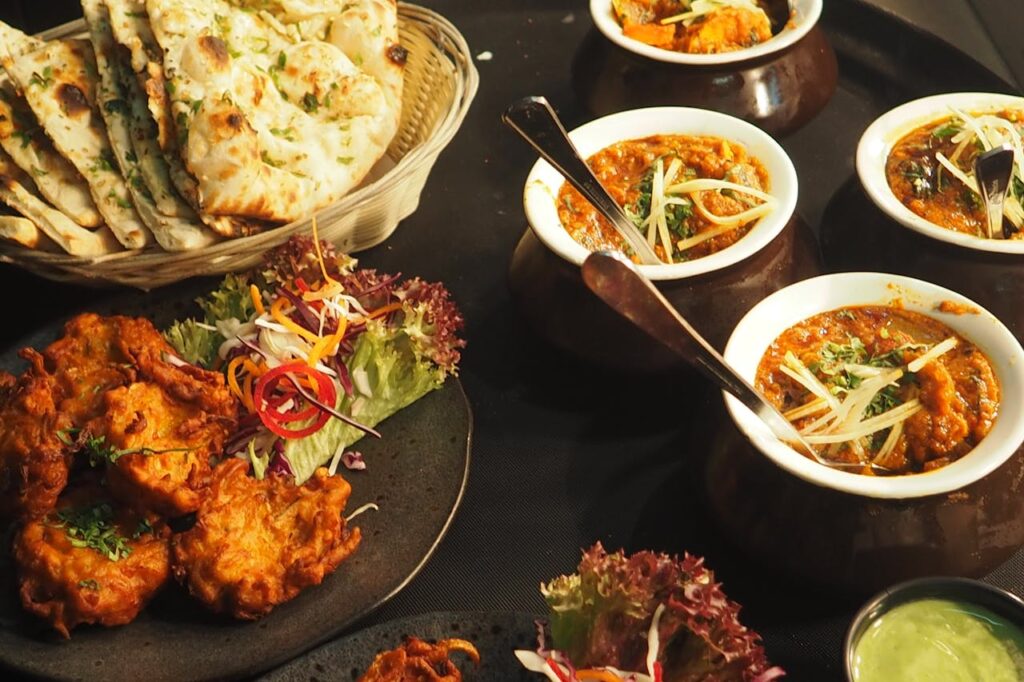
Dishes taste different depending on when they are ordered. Light seafood, fresh greens, and fried foods usually shine earlier in the evening when the kitchen is less pressured, while braised meats, soups, or sauces often develop richer flavors later. Servers are aware of how the timing of service affects food quality and can suggest dishes that are at their peak in that moment. Asking about what the kitchen is excelling at ensures your meal arrives at its best possible version.
6. Desserts can often be customized
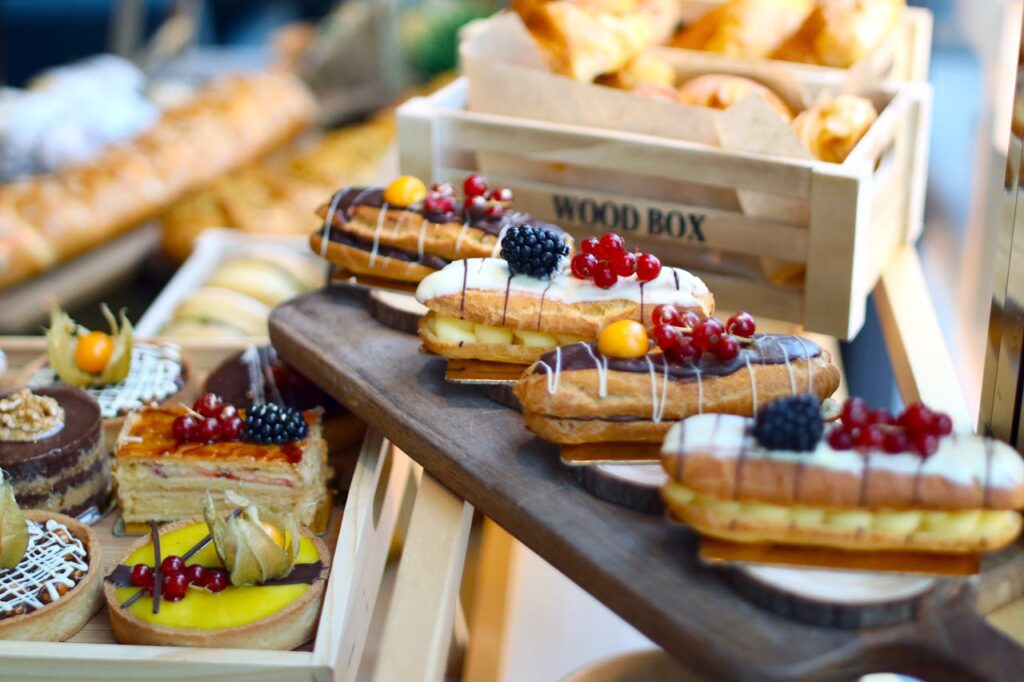
Dessert menus are often more adaptable than diners expect. Servers can arrange half portions, mix components, or even create small samplers for sharing. Instead of committing to several full desserts, you can politely ask for tasting sizes or variations. Many pastry teams enjoy offering creative twists, and servers know how to request them. Adding a coffee, liqueur, or dessert wine pairing can elevate the ending. Flexibility and curiosity often result in a sweeter, more memorable finish to your meal.
7. Feedback travels through the server
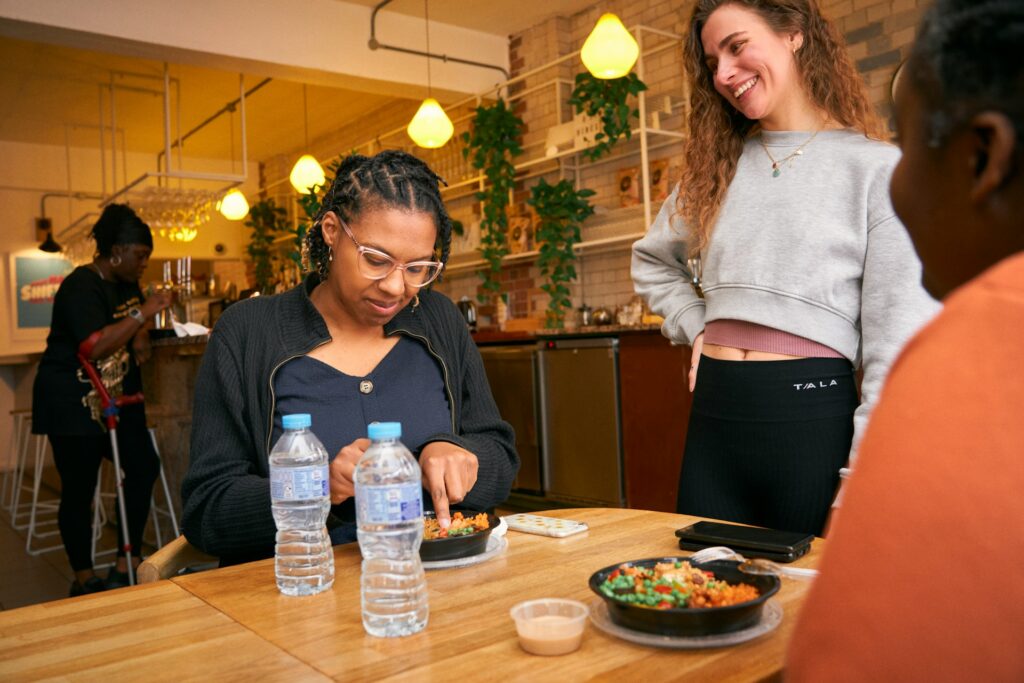
Servers are the main link between guests and the kitchen, so how you give feedback makes a big difference. A polite compliment often gets passed along to the chef and boosts morale. Calm, specific criticism, like pointing out under-seasoning, is usually corrected quickly. On the other hand, aggressive complaints discourage cooperation and make service harder. Framing your comments with respect helps the staff want to resolve the issue. Servers respond best when communication is clear, kind, and solution-focused.
8. Happy hour has its tricks
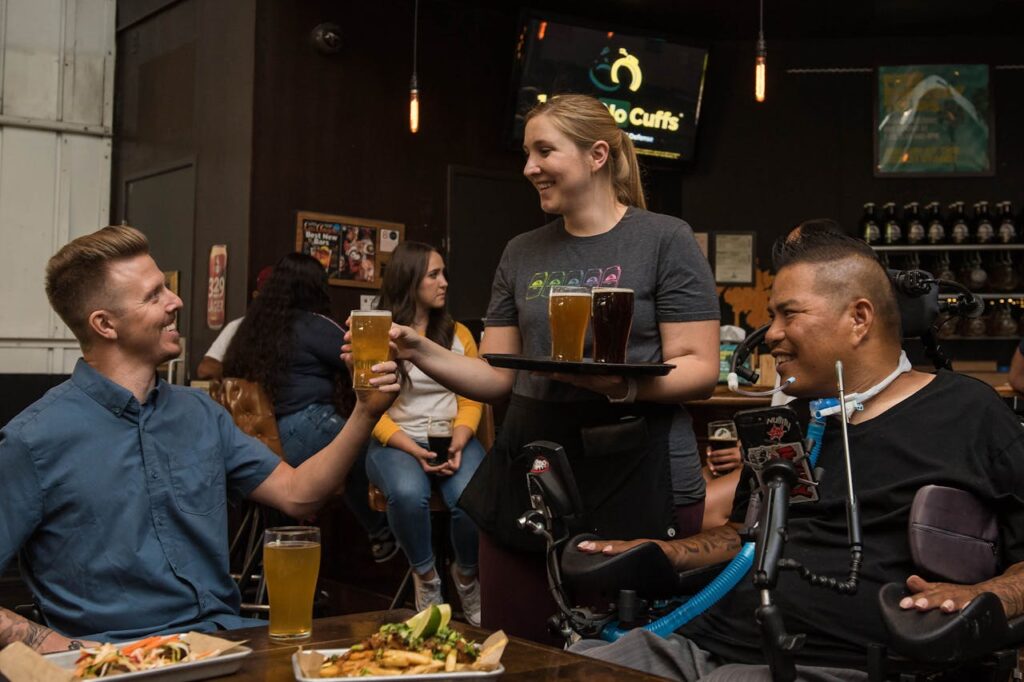
Happy hour can be a gamble depending on timing and seating. Bar orders usually arrive faster and fresher since they are prioritized for quick turnover, while tables in the back may experience delays. Some menu items are prepped ahead, while others are made to order and taste noticeably better. Servers know which dishes to pick for speed and freshness. By asking which items are prepared fresh and choosing strategic seating, you can enjoy the best value and quality during happy hour.
9. Servers manage the room quietly
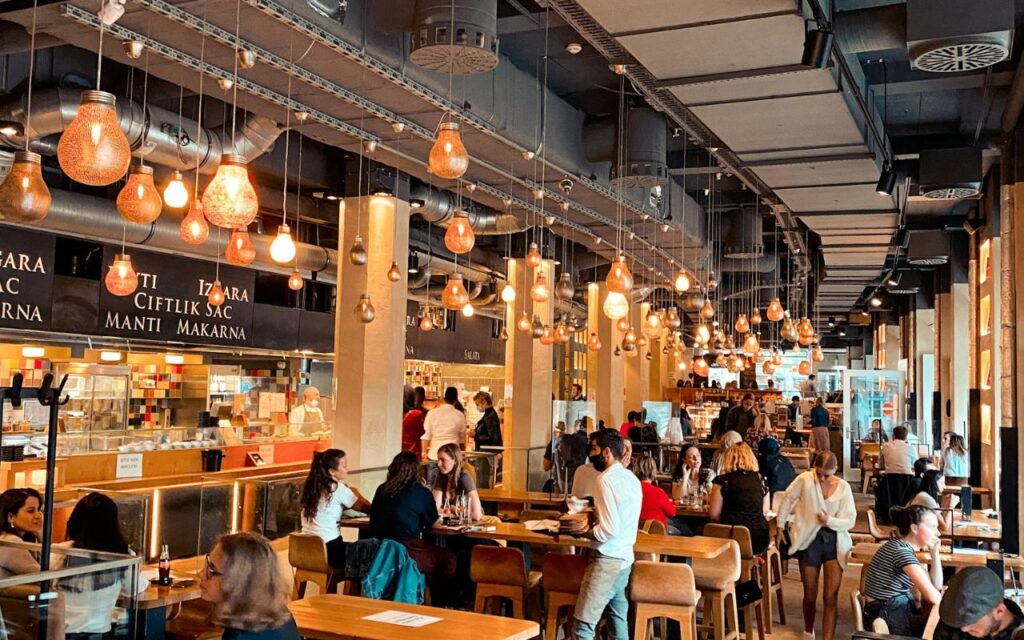
Servers pay attention to the atmosphere of the dining room, not just individual tables. They notice loud parties, restless children, and special celebrations, adjusting service to maintain balance. They may offer crayons, reseat guests, or help stage a surprise. If you need a quieter area or privacy, mentioning it early gives them the chance to act. Their role is to keep everyone comfortable while making sure the dining experience flows. Clear communication allows servers to create the best atmosphere.





